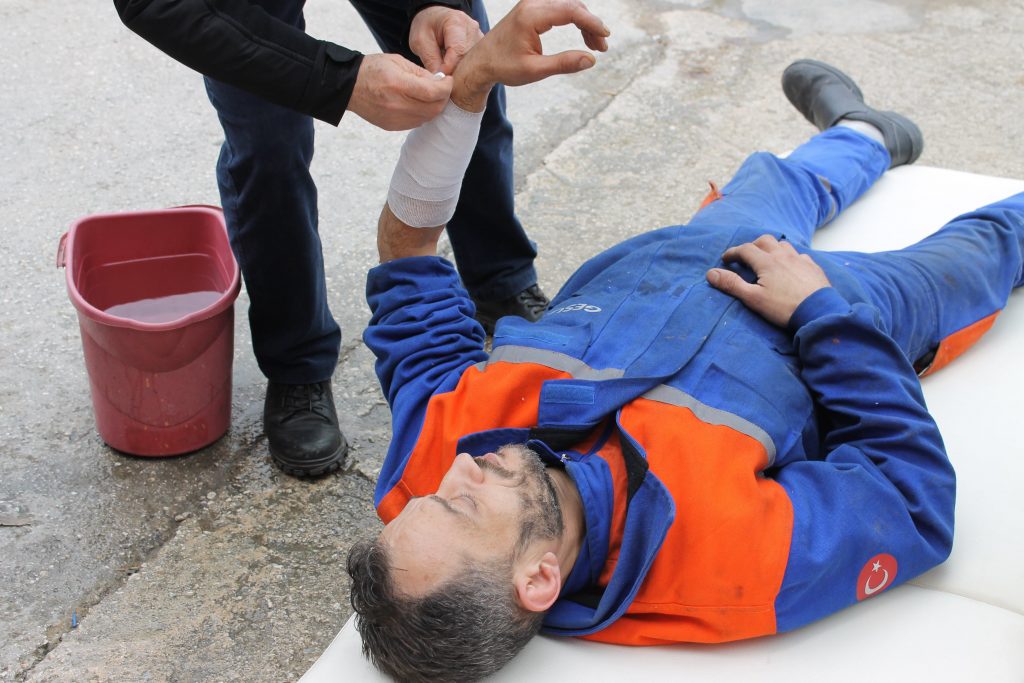Personal injuries reverberate with profound and enduring consequences, extending far beyond the immediate realms of physical pain. It is crucial to recognize and comprehend these long-term effects to ensure the provision of adequate support and care for those navigating the aftermath of personal injuries.
Undoubtedly, the prolonged aftermath of injuries exacts a considerable physical toll. Be it a fractured bone, spinal trauma, or a traumatic brain injury, the resulting consequences can be incapacitating. Chronic pain, restricted mobility, and lasting disabilities stand as enduring examples of the long-term physical effects stemming from personal injuries. These constraints profoundly influence an individual’s daily life, impeding their ability to perform routine tasks, work, and sustain a livelihood.
In addition personal injuries carry not only physical repercussions but also profound emotional and psychological effects. Coping with the aftermath, particularly if the experience was traumatic, may evoke feelings of anxiety, depression, and post-traumatic stress disorder (PTSD). Acknowledging and addressing the emotional toll is crucial for fostering healing and facilitating a comprehensive recovery journey alongside the physical aspects of pain.
The financial repercussions of personal injuries constitute another substantial long-term impact. Rapidly accumulating medical bills, rehabilitation expenses, and lost wages create enduring financial strain that may persist for years. In more severe cases, the individual may face a complete inability to work, leading to a loss of income and the potential for long-term financial instability. Maneuvering through the intricate terrain of insurance claims and legal battles can compound the challenges for someone already grappling with the physical and emotional aftermath of a personal injury.
Friends and family members may find it challenging to comprehend or empathize with the hurdles the injured person is navigating, potentially fostering feelings of isolation and loneliness. Moreover, the injured individual might be unable to partake in activities once cherished, intensifying their separation from social circles. This social ripple effect adds an additional layer of complexity to the already intricate challenges faced by those dealing with the aftermath of a personal injury
It is imperative for society at large to acknowledge and stand in support of those who have endured personal injuries. Ensuring access to high-quality medical care, mental health services, and legal resources becomes paramount in facilitating individuals’ recovery and the reconstruction of their lives post-injury. Fostering understanding and empathy proves instrumental in diminishing the stigma and alleviating the isolation often encountered by those grappling with the enduring effects of personal injuries. By collectively embracing these principles, we contribute to a more compassionate and supportive environment for the journey toward healing.
In conclusion, the ramifications of personal injuries extend across various dimensions, encompassing the physical, emotional, financial, and social aspects of individuals’ lives. Recognizing and comprehending these multifaceted effects is crucial. Through the provision of support, resources, and empathy, we can assist those who have faced personal injuries in navigating their journey toward healing and achieving an improved quality of life.

